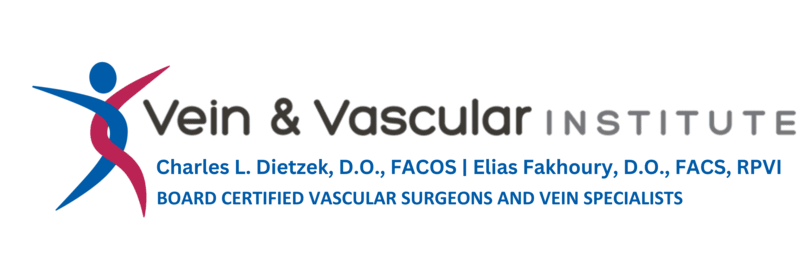Table of Contents
ToggleWhat is Varicose Vein Eczema?
Typically, varicose veins present as thick blue or purple veins near the surface of the skin. They can be accompanied by a variety of symptoms, including varicose vein eczema, which is an itchy condition that can cause a lot of discomfort. Varicose vein eczema is also referred to as stasis eczema, and it typically occurs in the lower legs.
Reasons Why Your Varicose Veins are Itchy
Even though it’s caused by varicose veins, this type of eczema shares symptoms with other types of eczema. Skin may be itchy and swollen, and you may notice that the surface is dry, flaky, scaly or crusty. This is typically also accompanied by red or brown discoloration, which can appear dark brown, purple or gray on darker skin tones. In severe cases, sores can develop. The irritation and dryness are responsible for the itching, even though these things are not the root cause of the eczema.
How Varicose Eczema Forms
Varicose vein eczema forms when there is poor circulation in the legs. This causes valves within the veins to weaken, which in turn results in blood leaking into surrounding body tissues, a condition known as “venous insufficiency.” Venous insufficiency is what causes varicose eczema to form. This condition is more common as people age and veins grow weaker.
Ways to Treat the Symptoms
Depending on specific eczema symptoms, there are a variety of ways to treat it. Compression stockings can help to improve circulation, for instance, and keeping your legs raised above your heart when laying down can help, too. Other treatments include:
- Corticosteroids to reduce inflammation
- Antibiotics of dressings to treat sores or open lesions
- Emollients or lotions to treat dry skin
As a last resort, surgery may also be a vein treatment option to remove varicose veins and thus the symptoms that accompany them.
Treating the Source of the Problem
Other factors in addition to aging can cause varicose veins—and the eczema that sometimes comes along with it. For instance, obesity increases pressure in leg veins, which can lead to varicose veins. Lifestyle changes to help you lose weight can help prevent the problem from worsening.
Inactivity can also affect circulation. It’s best to avoid sitting for long periods. If at all possible, take short breaks hourly to get up and move around for improved circulation.
Additionally, patients with a history of deep vein thrombosis should take care and monitor signs and symptoms of varicose veins, as blood clots can damage leg veins, resulting in varicose veins.
Contact Us at Vein & Vascular
Meet Our Vein Physicians in Vineland, Voorhees, Sewell and Lumberton, New Jersey
Are you looking for treatment for varicose veins or the eczema that can accompany it? The Vein & Vascular Institute can help you feel better. Schedule a consult today so that we can discuss options and start on a treatment plan.
